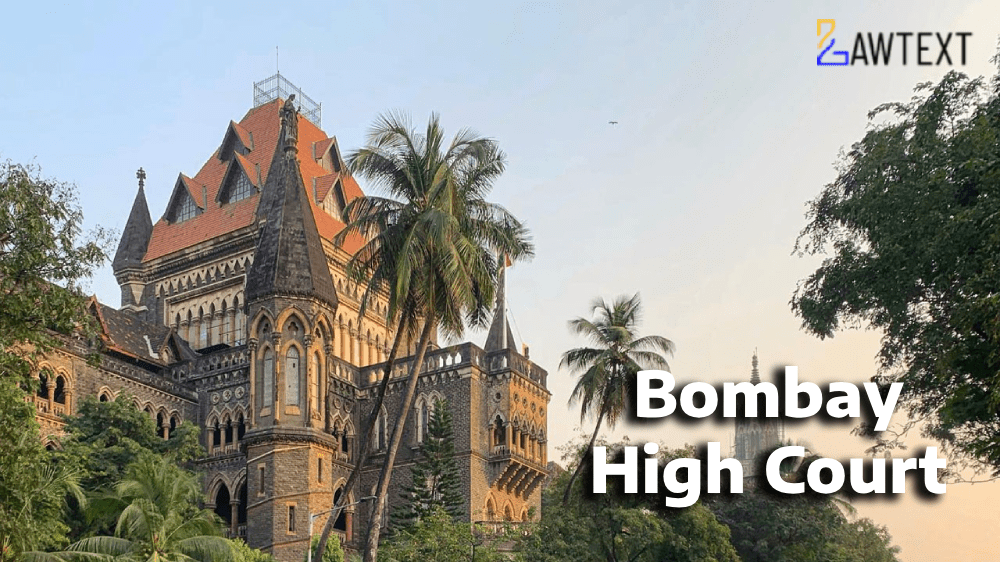

The High Court quashed the Caste Scrutiny Committee's (CSC) decision to invalidate the caste certificate of Rashmi Barve. The court held that the CSC overstepped its jurisdiction by revisiting a previously validated certificate, which was issued without proper vigilance. The judgment emphasized that caste certificates, once granted by the CSC, attain finality and can only be challenged in writ petitions under Article 226 of the Constitution. Fraudulent claims and discrepancies in procedural conduct by the CSC were key factors in this decision.
The case revolves around the jurisdiction of the Caste Scrutiny Committee (CSC) and its ability to recall or invalidate a previously validated caste certificate. The court examined the principle of "finality" in the issuance of caste certificates and found that the CSC did not have the authority to revisit the matter unless a valid fraud allegation was substantiated. Additionally, the court criticized the CSC for procedural irregularities, including a lack of proper inquiry and vigilance in earlier stages.
The petitioner, Rashmi Barve, was issued a caste validity certificate, identifying her as belonging to the Scheduled Caste ‘Chambhar’. A complaint was filed, alleging fraud in obtaining the certificate.
The main issue was whether the Caste Scrutiny Committee had the jurisdiction to invalidate a caste certificate once granted. Under Section 7(2) of the Maharashtra Scheduled Castes, Scheduled Tribes, and Other Backward Classes Act, the finality of a caste certificate was emphasized.
Respondent No. 6 alleged that Rashmi Barve obtained her caste certificate fraudulently by providing false genealogy and other fabricated documents. However, the vigilance process initially required to verify the claim was not conducted.
The court found procedural lapses by the CSC, noting the lack of proper inquiry into the petitioner's caste claim and the inconsistent handling of complaints. The court highlighted that fraud must be clearly demonstrated before recalling a certificate, and no such fraud was established in this case.
The court quashed the CSC's order, instructing it to issue a validity certificate within a week and imposed a penalty of Rs. 1,00,000 on the CSC for mishandling the matter.
The court established that once a caste certificate is issued and validated, it cannot be revoked or revisited unless there is undeniable proof of fraud, duly investigated under proper procedural safeguards. The case highlighted the importance of due process and the need for vigilance during the initial stages of certification.
Caste Scrutiny, Fraudulent Claims, Administrative Law, Constitutional Law.
Caste Validity, Jurisdiction, Finality of Certificate, Fraudulent Documents, Quasi-Judicial Power, Article 226, CSC
Citation: 2024 LawText (BOM) (9) 243
Case Number: WRIT PETITION NO.2155/2024
Date of Decision: 2024-09-24
Case Title: Rashmi w/o Shyamkumar Barve VERSUS Deputy Commissioner & Member, District Caste Certificate Scrutiny Committee, Nagpur.
Before Judge: AVINASH G. GHAROTE AND SMT. M.S. JAWALKAR, JJ.
Advocate(s): Mr. S.R.Narnaware, Advocate a/w Mr. Sameer Sonwane, Mr. Amit Thakur, Mr. Aaquid Mirza and Ms Shiba Thakur, Advocates for the petitioner. Mr. Dr. Birendra Saraf, Advocate General with Mr. D.V. Chauhan, GP for respondent Nos.1 to 3, 5 and 8 Ms Neerja Choube, Advocate for respondent no.4 Mr. M.P. Khajanchi, Advocate for respondent no.7
Appellant: Rashmi w/o Shyamkumar Barve
Respondent: Deputy Commissioner & Member, District Caste Certificate Scrutiny Committee, Nagpur.